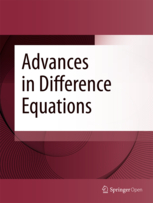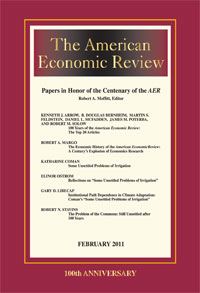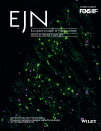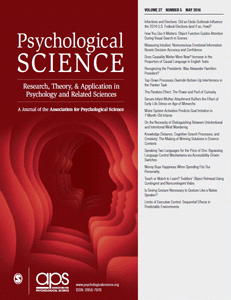 A mathematician has lost two publications that overlap substantially.
A mathematician has lost two publications that overlap substantially.
In this case, it’s easy to see how editors were duped (as it were). Both journals received the papers within a few months of each other, and then published them in quick succession; both have since been retracted. The papers share a first author, Jin Li, affiliated with Jiujiang University in China.
How similar are Li’s papers? See for yourself.
Here’s the abstract for “Landesman-Lazer type condition for second-order differential equations at resonance with impulsive effects,” received by Advances in Difference Equations in June 2014 and published in September 2014: Continue reading Two math papers are too similar, both retracted

 Citation omissions in an economics preprint have set off a wave of recrimination and speculation on a widely read economics discussion board.
Citation omissions in an economics preprint have set off a wave of recrimination and speculation on a widely read economics discussion board.





